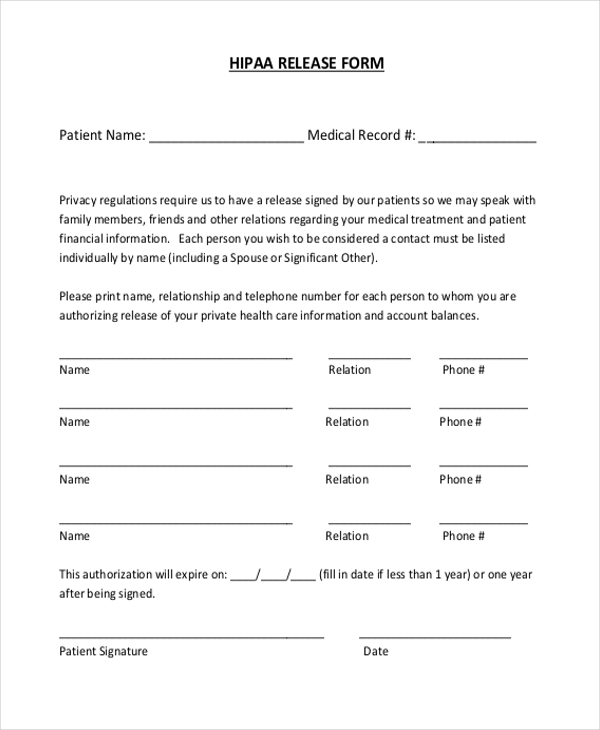

Often advertising networks use cookies, or other tracking mechanisms, to gather and analyze data about the sites you visit.Ĭompanies may create profiles based on the browsing information they collect. Even if you are casually looking at websites, advertisers on those sites-or more likely, ad networks-may track you across many or most of the websites you visit. You may enter medical information into a website to research your symptoms, or you may just visit one or many websites about your condition. It is very easy to reveal medical information online without thinking about it-or maybe even knowing about it.

Social media and websites that are not covered under HIPAA At the same time, gyms, health clubs, and spas have a strong interest in keeping members’ and clients’ information private, partly in the interest of maintaining their business reputations, and also to avoid litigation.ģ.

In general, you should be aware of the kinds of information these venues collect, in what form, and what they do with it.
Hipaa compliance forms for patients in california how to#
This Fact Sheet explains what privacy protections exist for medical information that falls outside of traditional uses, and how to weigh your options if there are no protections built in.

In some cases, there may be no policy at all. You must then rely on the company to carry its policies. Outside of traditional medical contexts, individuals must increasingly rely on companies' privacy policies to disclose what personal information a company or website collects, what they may do with it, and what control you have over it, if any.


 0 kommentar(er)
0 kommentar(er)
